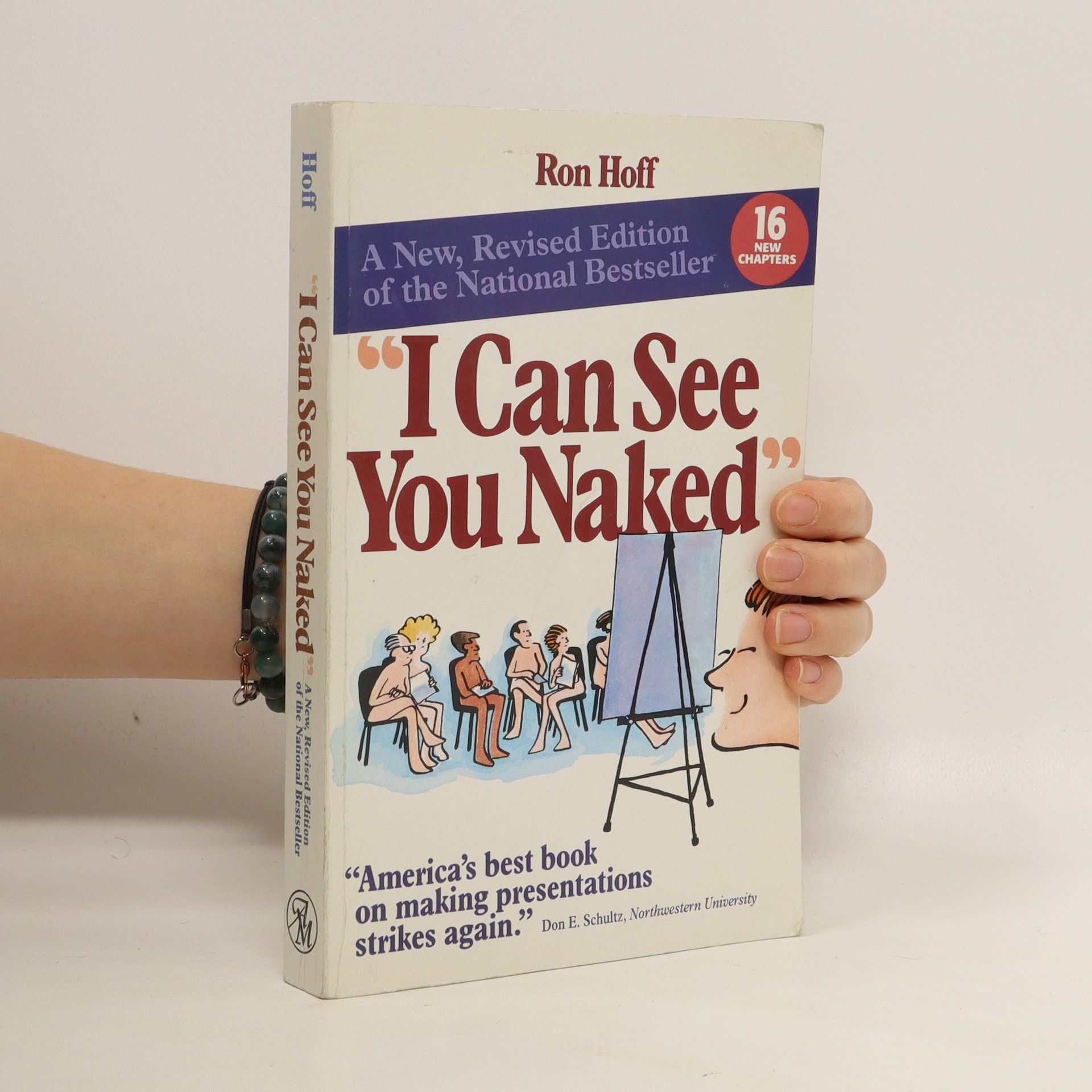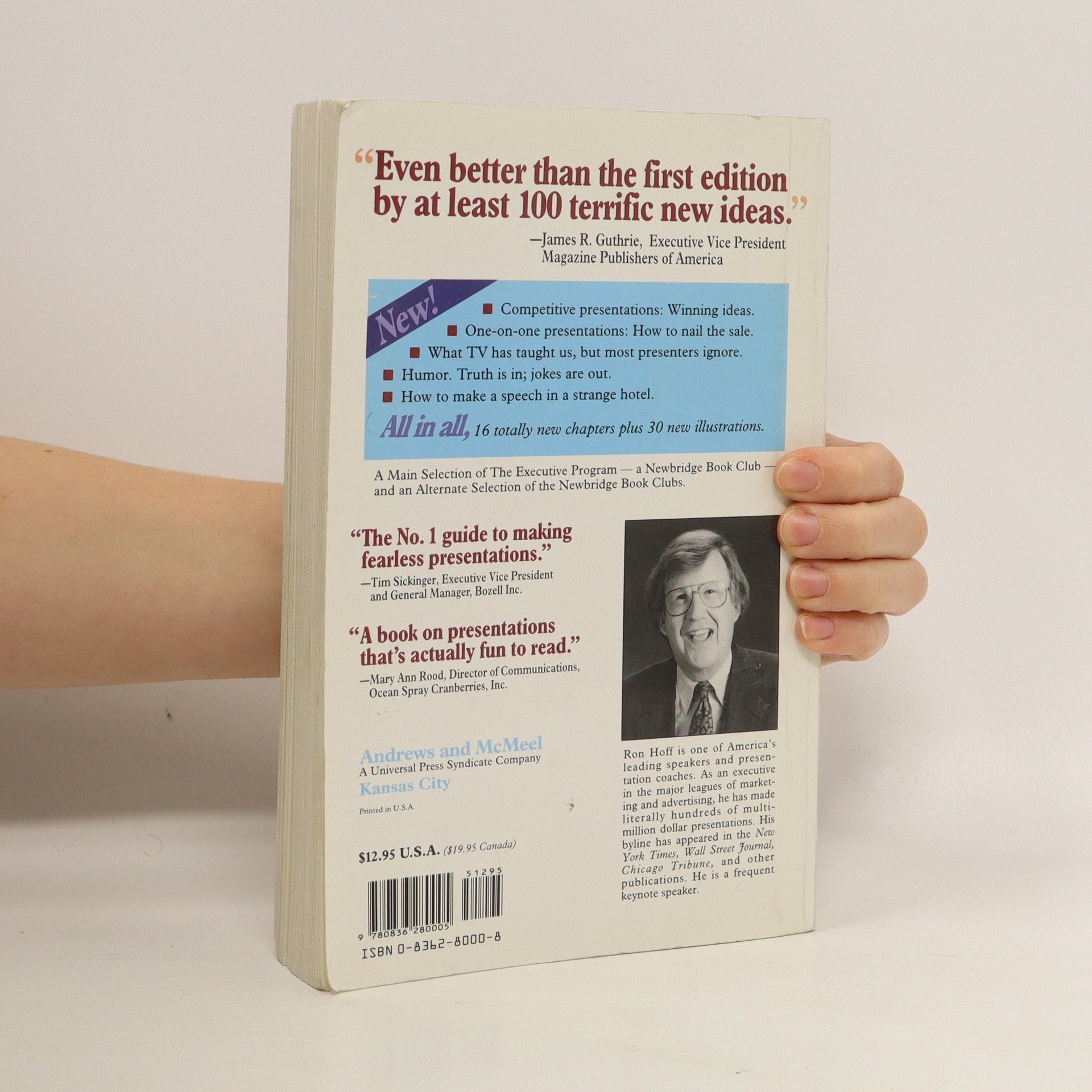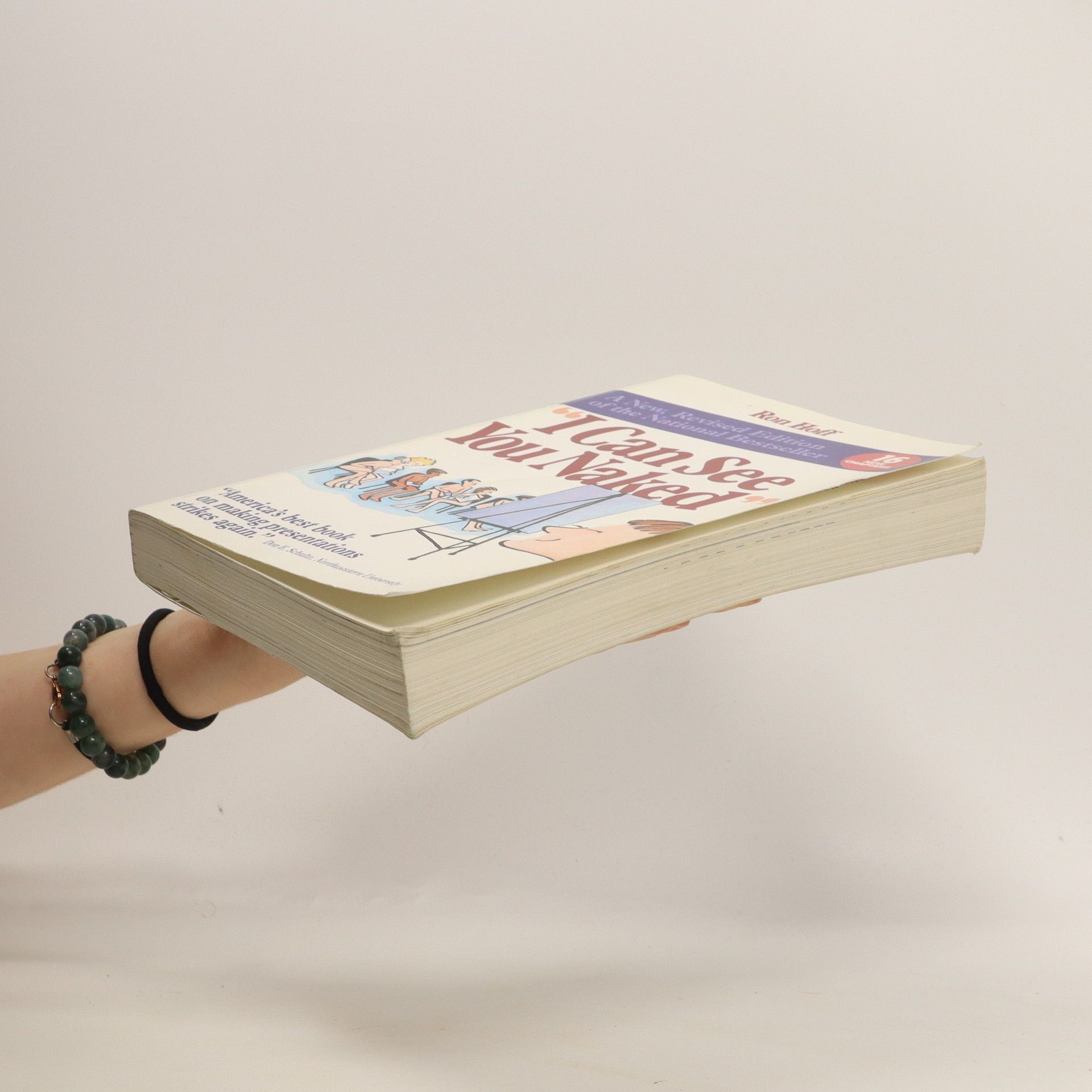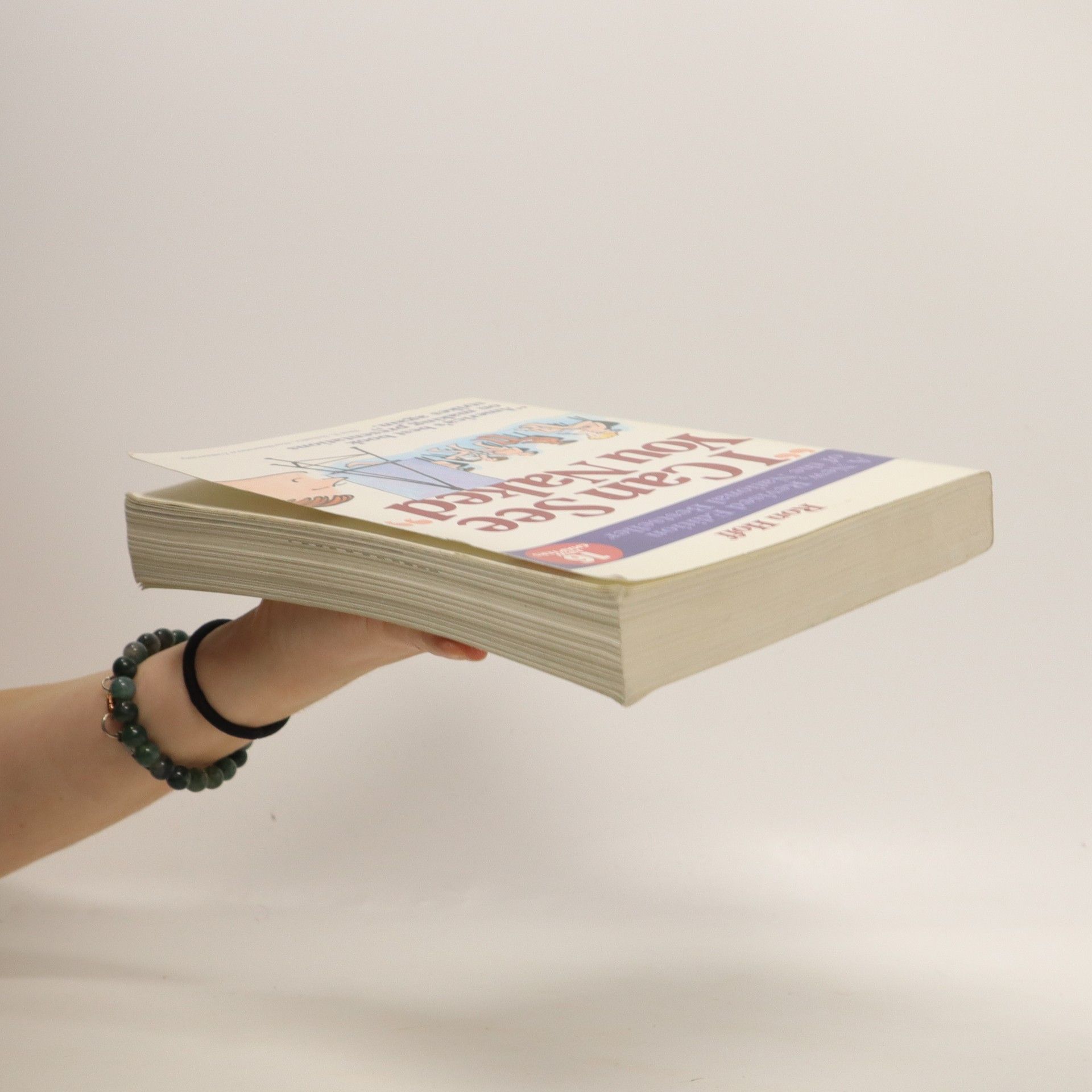More about the book
When something strikes you as funny, hold on to it; it could be gold. My theory is that everything amusing will eventually appear on television. For instance, I've always found the idea of visualizing an audience naked to control nervousness amusing. It’s a notion that sticks and demands a response, leading me to title a book on presentations, "I Can See You Naked." The concept spread rapidly, causing laughter among millions. However, it raised a question: Did my book spark this hilarity? Regardless, how many speakers would now imagine their audience in such a state? This could be distracting and hinder concentration, making eye contact problematic, especially when wearing an expensive suit. While the first edition explained this, it became clear that the message needed reiteration: Never speak to a naked audience. Instead, there are various psychological exercises to combat nervousness. One reader even credited a chapter with helping her maintain sanity before a big presentation. This expanded edition aims to enhance your presentation skills while emphasizing candor and unique insights often overlooked in other books. It offers unconventional advice, from keeping an eye out for the "barracuda" to employing Mafia-inspired tips. This is not just another presentation book; it’s filled with fresh perspectives and humor to prepare you for your next presentation.
Book purchase
"I can see you naked.", Ron Hoff
- Language
- Released
- 1992
Payment methods
We’re missing your review here.




